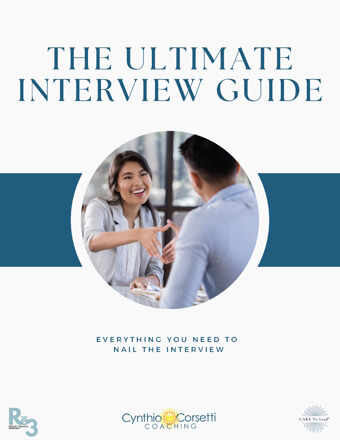Succeed at Your First Real Job With These 10 Tips
From Student to Professional
Everyone wants to succeed at their first real job; but it is challenging to make the transition from student to professional. People notice even the small things you do at work; and they can cause superiors to form an opinion very early on. Let’s make it a good opinion, right from the start!
10 Tips for Success
- Avoid Jumping to Conclusions: Work is not a classroom. What you learned in school is valuable, but it is also often only theoretical. Allow some time to pass on the job before you jump to conclusions and decide that everyone working there is old and unwilling to change. There really are reasons that people do things in certain ways.
- Go the Extra Mile: When you were in school, it was possible to get great results with limited effort; think Cliffs notes and video classes. At work that isn’t the case. You have to put in the time, learn the whole job and understand how it connects to the company’s strategic plan in order to get the desired result. Give extra effort, even if the task is small.
- Don’t be Easily Offended: When you mess up on the job, and you will, someone will call you out on it. Don’t take it personally. It happens to everyone. If you become offended and angry you will find yourself disengaging from your work and before you know it you will be searching for the next position. Let it go. You are still learning, degree and all, you are still learning. Mistakes are good. It means you are putting yourself out there and you are willing to take risks.
- Embrace Listening: Really listen. Focus on what people are saying to you. Listen to instructions without forming judgment; be willing to accept the ideas of others even when you don’t agree; and, listen completely before responding. You grew up in a digital age with information at your fingertips in an instant and you are able to form thoughts at lightning speed. But, in the work environment listening is a more important skill than multi-tasking. In fact, it may be the most valuable job skill in your toolbox.
- Respect Experience: You just learned amazing ways of doing things. You spent four years learning up-to-the-minute methods; but your new co-workers have been in the trenches. They have already made enough mistakes to know what works in the environment, so trust them. When they shoot down your great idea; don’t take it personally. They probably already tried it your way. So again, listen.
- Be Open to Real Communication: Walk down the hall or pick up the phone to communicate. Email and texts are easy, but more learning comes from face to face interaction. You will learn to sense the mood of the room, the messages that are delivered beyond the words. This won’t happen with text or by email. You need to “feel” the communication.
- Be Physically Present: Take punctuality and attendance seriously. At school it was okay to miss class as long as you completed your assignments. At work your presence is necessary for collaboration and discussion. Your absence creates stress on the rest of the team and your reputation can be harmed if you are late or absent all together. Your supervisors notice when you are putting on your coat and packing your bag to leave for the day fifteen minutes before your day is supposed to end.
- Be Mentally Present: Social media has created a world where you are able to stay included on every plan being made within seven different circles of friends. Too much time focusing on that will cause you to miss out on very important learning opportunities happening all around you. Stay present in the meeting you are attending now, don’t let your mind move to tonight. This mindfulness will help you to become astute in the finer nuances of business; things your less disciplined friends will miss.
- Set Realistic Expectations: If you have relied on looks, athletic records, or amazing charm to be popular and successful at school, you will find they have less value at work. That’s not to say that they aren’t important or that you shouldn’t be proud of them; but at work people value team work, attention to detail, follow-through, and above all results.
- Know what Not to Wear: Dress for success. You may be entry level right now; but dress professionally anyway. If your hair looks like you just rolled out of bed and your shirt looks as if you picked it up off your closet floor, you are sending a message that you don’t care about details. If you dress in a way that makes you appear lazy, people won’t find out how capable you are because the will be hesitant to trust you with important jobs. You will be taken more seriously when you present yourself in a more professional manner.
Your career is just beginning; following these suggestions may be the small difference that gives you the next promotion instead of the equally skilled person in the next cubicle.











0 Comments